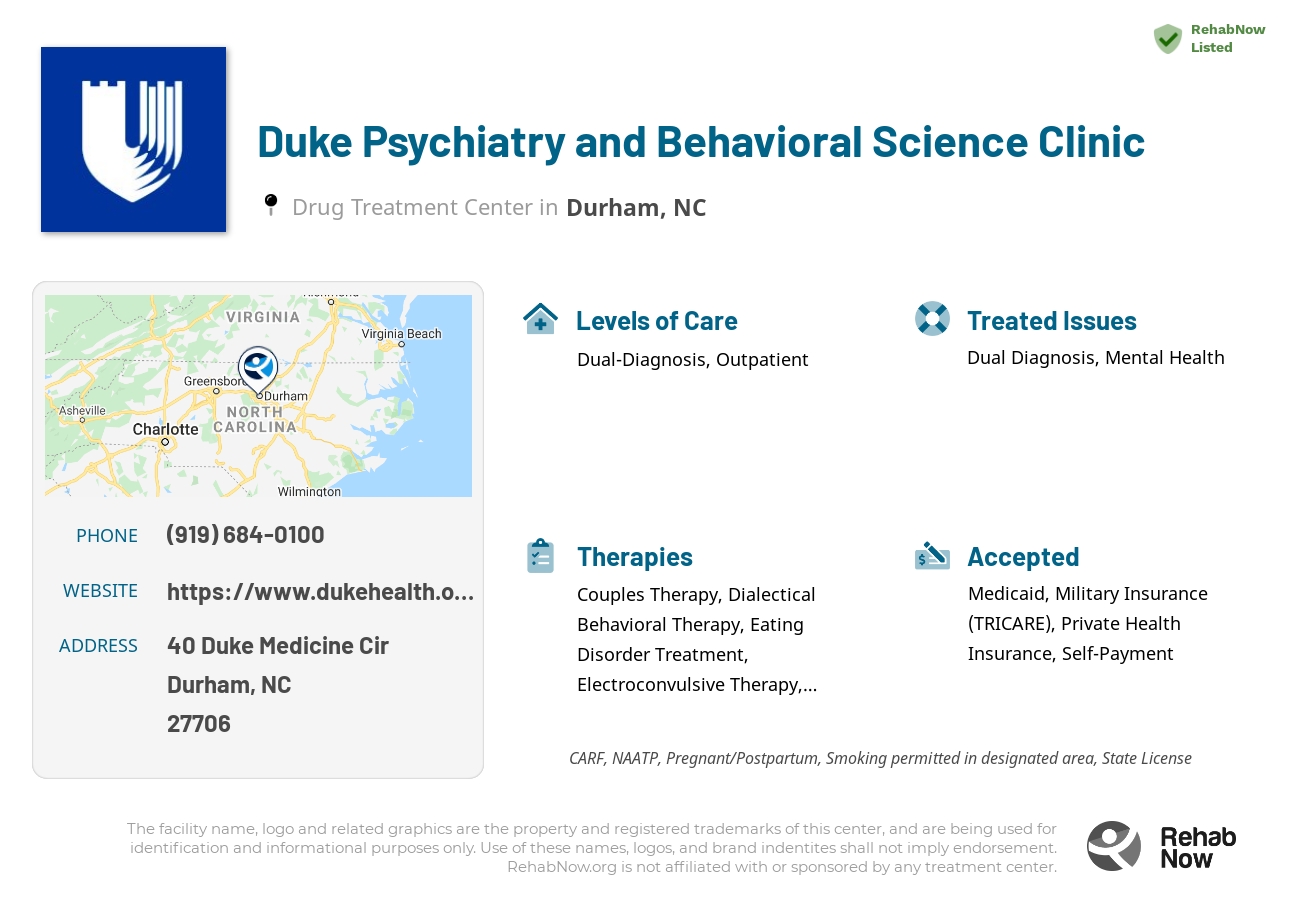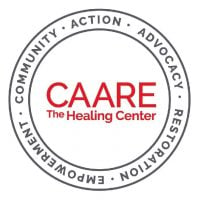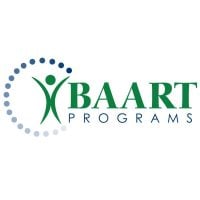
Duke Psychiatry and Behavioral Science Clinic
Drug Rehab Center in Durham, North Carolina
- Mental Health
- Eating Disorder
- Dual Diagnosis
The Duke Psychiatry and Behavioral Science Clinic offers comprehensive, personalized treatment for dual diagnosis, eating disorders, and mental health using evidence-based therapies like DBT and nutrition therapy.
About This Durham, NC Facility
The Duke Psychiatry and Behavioral Science Clinic in Durham, North Carolina offers a comprehensive range of treatments for dual diagnosis, eating disorders, and mental health. Patients seeking help for a co-occurring disorder are provided with individualized, integrated care for both mental health and dual diagnosis disorders. The clinic offers a selection of evidence-based treatment options including couples therapy, dialectical behavioral therapy (DBT), electroconvulsive therapy, nutrition therapy, and trauma therapy.
The Duke Psychiatry and Behavioral Science Clinic is affiliated with the Duke University Health System and accepts private health insurance. The clinic is committed to providing personalized, compassionate care to help individuals achieve their health and wellness goals. The clinic's multidisciplinary team of psychiatrists, psychologists, and social workers collaborate to create a supportive environment where individuals can find the best treatment options for their needs. The staff offers individualized treatment plans designed to address a variety of mental health needs, including the development of coping skills, stress management, and relationship building.
Genders
Ages
Modality
Additional
Conditions and Issues Treated
Some of the most common co-occurring disorders are schizophrenia, depression, and bipolar disorder. Most rehab facilities in Durham, NC like Duke Psychiatry and Behavioral Science Clinic provide patients with a dual diagnosis. Dual diagnosis gives rehab the means to treat addiction while restoring mental and emotional health.
Levels of Care Offered
This center offers a variety of custom treatment tailored to individual recovery. Currently available are Dual-Diagnosis, Outpatient, with additional therapies available as listed below.
Outpatient rehabilitation is a treatment that exists if a patient is not checking into Duke Psychiatry and Behavioral Science Clinic long term. In addition to helping them recover, the patient attends regular therapy sessions and detox and participates in other therapies. However, this is all primarily done from home. As a follow-up to inpatient treatment, outpatient treatment is usually recommended.
After rehabilitation, it helps people return to their everyday lives. It may also be an alternative to inpatient care in some situations. If they cannot leave their jobs, children, or don’t have the money for inpatient care, people can choose this method. Inpatient therapy, however, is the best method and most suggested level of treatment offered by Duke Psychiatry and Behavioral Science Clinic in recovering from addiction.
Duke Psychiatry and Behavioral Science Clinic‘s Therapies & Programs
Customized individual therapy is counseling involving you and your counselor at Duke Psychiatry and Behavioral Science Clinic. This builds a personal and trusting relationship so you can truly be yourself and express any emotions as you feel them. Individual therapy leads to greater peace and understanding about your triggers for addiction and coping strategies to prevent relapse.
Substance abuse does a number on an individual’s relationship with other people, particularly in marriage. Spousal relationships bear the brunt of alcohol and drug dependence. Therefore, it becomes critical to submit the relationship to couples therapy to prevent straining it further. Most programs only zero in on the individual with substance addiction without factoring in the importance of the other half’s emotional support.
However, some facilities, like Duke Psychiatry and Behavioral Science Clinic in Durham, North Carolina, offer couples therapy options to manage intimate partnerships amid the recovery process. Other couples-focused treatment plans can provide the patient and their partner tools to get things back to normal, support each other, and the patient’s sobriety.Group Therapy is a type of counseling that occurs between a bunch of strangers. These groups are suitable for patients who are not confined in a treatment facility, but group sessions are also common in inpatient rehab programs. Group therapy is led by a trained individual at Duke Psychiatry and Behavioral Science Clinic in Durham, NC and consists of members from different stages of recovery.
The goal of group therapy sessions is to foster hope and a sense of belonging, share information, and learn coping mechanisms. It also helps to have people who can relate to what you’re going through. Good behaviors can also be contagious, and participants can learn from one another.
Unresolved trauma is often a key reason why many patients resorted to substance abuse. Trauma could be physical abuse, sexual abuse, war, natural disasters, divorce, accident, loss of a loved one, etc. If trauma is the primary cause of substance abuse, then both issues must be addressed.
Dialectical Behavior Therapy (DBT) is an improved version of Cognitive Behavioral Therapy (CBT) DBT is a treatment of choice for people being treated at Duke Psychiatry and Behavioral Science Clinic whom are suffering from self-harming behaviors. Conditions such as obsessive-compulsive disorder and borderline personality disorder also benefit from DBT.
Cognitive Behavioral Therapy (CBT) is an approach and method in psychotherapy. Duke Psychiatry and Behavioral Science Clinic asks people to investigate how their thoughts, including habitual, negative, and inaccurate ways of thinking affect behaviors. CBT is based on the idea that rigid, inflexible ways of thinking cause people to have a limited ability to cope with stress
Nutrition therapy, which is also known as Medical nutrition therapy (MNT) involves providing healthy diet and improving the eating habits of the patient. Expert dieticians provide individualized meal plan, that addresses the specific nutritional deficiencies and the nutritional impact associated with the medicines that are given as a part of the treatment. It helps to overcome the food cravings that are seen in certain addictions and also addresses the co-occurring conditions such as eating disorders.
Nutrition therapy is very important to support the different therapies provided as a part of comprehensive care. Nutrition therapy also teaches the associated life skills such as cooking healthy food and grocery shopping.
Nicotine replacement is a way to move towards stopping smoking or using any form of nicotine. This can be nicotine gum or nicotine patches. The process of working with trained staff at Duke Psychiatry and Behavioral Science Clinic in setting a goal quit date, using nicotine replacement and gradually decreasing nicotine intake is proven to help.
Patient Experience
Experiential Therapy at Duke Psychiatry and Behavioral Science Clinic
Experiential therapy at Duke Psychiatry and Behavioral Science Clinic includes helping people work through emotional disorders by participating in events in real-time. It moves away from conventional talk therapy to discuss their concerns and emotions by making patients play roles or use props. It allows people to handle trauma and feelings healthily, reducing the need to resort to alcohol and substances in Durham, NC.
Payment Options Accepted
For specific insurance or payment methods please contact us.
Is your insurance accepted?
Ask an expert, call (888) 674-0062
Duke University Health System Associated Centers
Discover treatment facilities under the same provider.
- Duke University Hospital Outpatient Department in Durham, NC
- Duke Child and Family Study Center in Durham, NC
Learn More About Duke University Health System Centers
Additional Details
Specifics, location, and helpful extra information.
Durham, North Carolina 27706 Phone Number(919) 684-0100 Meta DetailsUpdated November 25, 2023
Staff Verified
Patient Reviews
There are no reviews yet. Be the first one to write one.
Durham, North Carolina Addiction Information
North Carolina ranks 29th in the nation for overall substance abuse. Many of the drugs abused in the state are illicit, and many of these are opioids. Prescription opioids are readily available due to the high rates of medical workers prescribing them. The number of prescriptions has increased tenfold since the 1980's. Opioid overdoses are the most common type of death in North Carolina.
Over 8% of the population in Durham abuses drugs, and this number continues to rise. Prescription opioids, heroin, and cocaine are the most commonly abused drugs in the city. Marijuana is also a problem, with many people using it as their first drug. About 26% of HIV/AIDS cases are attributed to injection drug use. Local officials have started to offer various programs to help those affected by addiction.
Treatment in Nearby Cities
- Hendersonville, NC (203.7 mi.)
- Horse Shoe, NC (208.5 mi.)
- West Jefferson, NC (145.3 mi.)
- Shannon, ( mi.)
- Rockwell, NC (88.2 mi.)
Centers near Duke Psychiatry and Behavioral Science Clinic
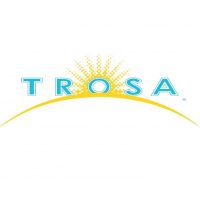
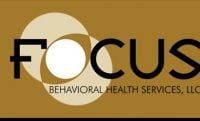
The facility name, logo and brand are the property and registered trademarks of Duke Psychiatry and Behavioral Science Clinic, and are being used for identification and informational purposes only. Use of these names, logos and brands shall not imply endorsement. RehabNow.org is not affiliated with or sponsored by Duke Psychiatry and Behavioral Science Clinic.

